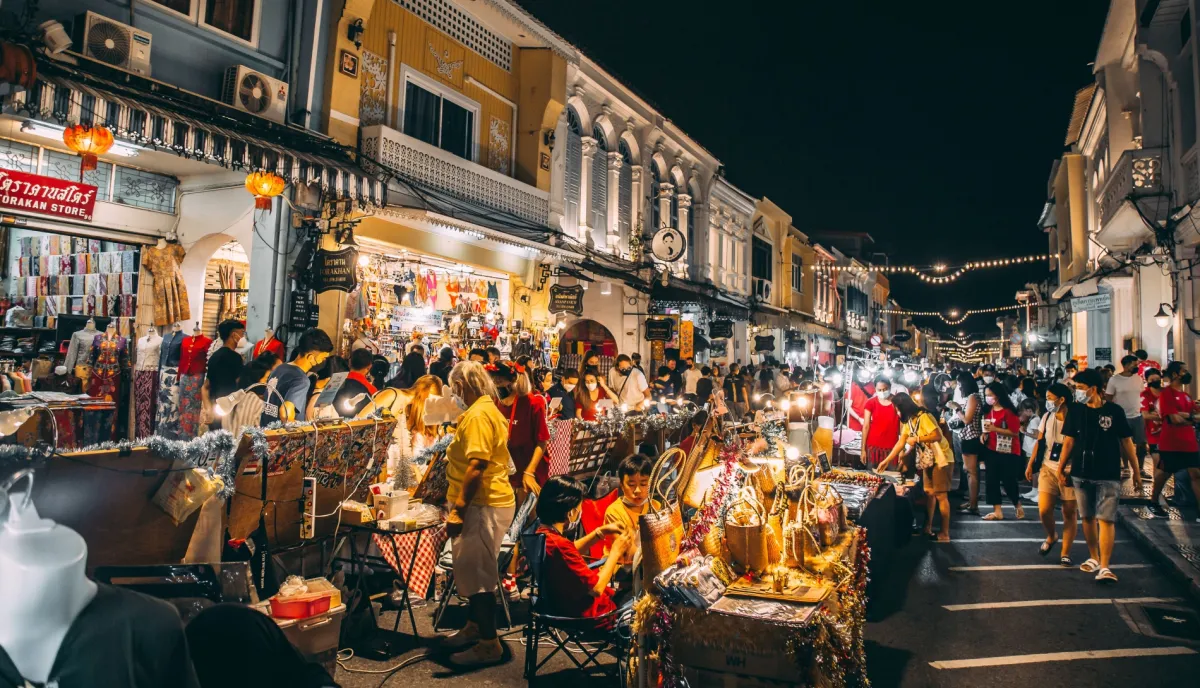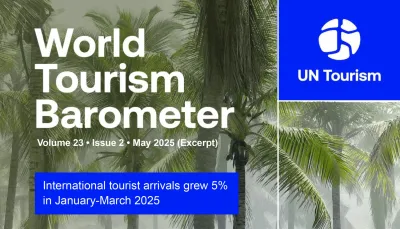Post-COVID
Sustainability
From Recovery to Over-Tourism: Asia’s Tourism Rebound Raises Red Flags

Post-COVID
Sustainability
After years of pandemic-induced silence, Asia’s top tourist destinations are once again teeming with visitors. But the rebound is triggering fresh concerns about over-tourism and environmental sustainability across the region.
According to Ethical Corporation (part of Thomson Reuters), international arrivals in Asia-Pacific surged by 33% in 2024, reflecting pent-up demand and a shift toward “conscious travel.” Yet, the volume of returning tourists is putting unprecedented strain on infrastructure, waste systems, and local cultures.
In Thailand, which welcomed 35.6 million visitors last year, authorities are scrambling to manage growing plastic waste in hotspots like Phuket, where a new incinerator is in the works. Bali, meanwhile, has flirted with hotel construction moratoriums to curb overdevelopment, while Japan and other nations walk a tightrope between revenue recovery and resource depletion.
Malaysia stands out for championing Indigenous-led, community-based tourism in Sarawak, aiming to balance economic growth with cultural preservation. However, critics say this model is at risk of being co-opted by larger commercial players.
Luxury eco-resorts such as Nikoi and Cempedak in Indonesia are demonstrating that sustainability can scale. Built entirely from bamboo and powered by solar energy, they operate with minimal waste and contribute to marine conservation through the Island Foundation.
The article also explores the complex web of sustainability certifications in the sector and anticipates a regulatory shift under the EU’s upcoming Green Claims Directive, which will prohibit vague eco-labeling unless backed by evidence.
As the tourism sector rebounds, the challenge will be ensuring that growth does not undermine the very nature and culture that attract travelers in the first place.



